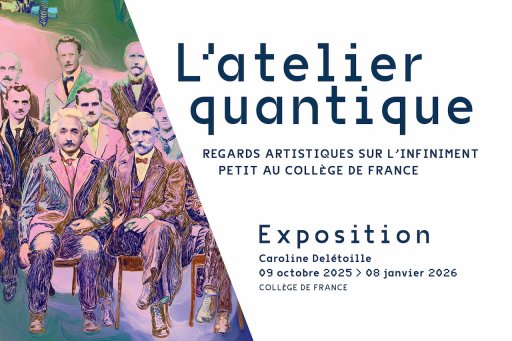Conference organized by the Association de Recherches Pénales Européennes and the Equipe "Internormativités dans l'espace pénal" of the Collège de France. With the support of the UMR de droit comparé de Paris.
At Collège de France
3, rue d'Ulm
75005 Paris








